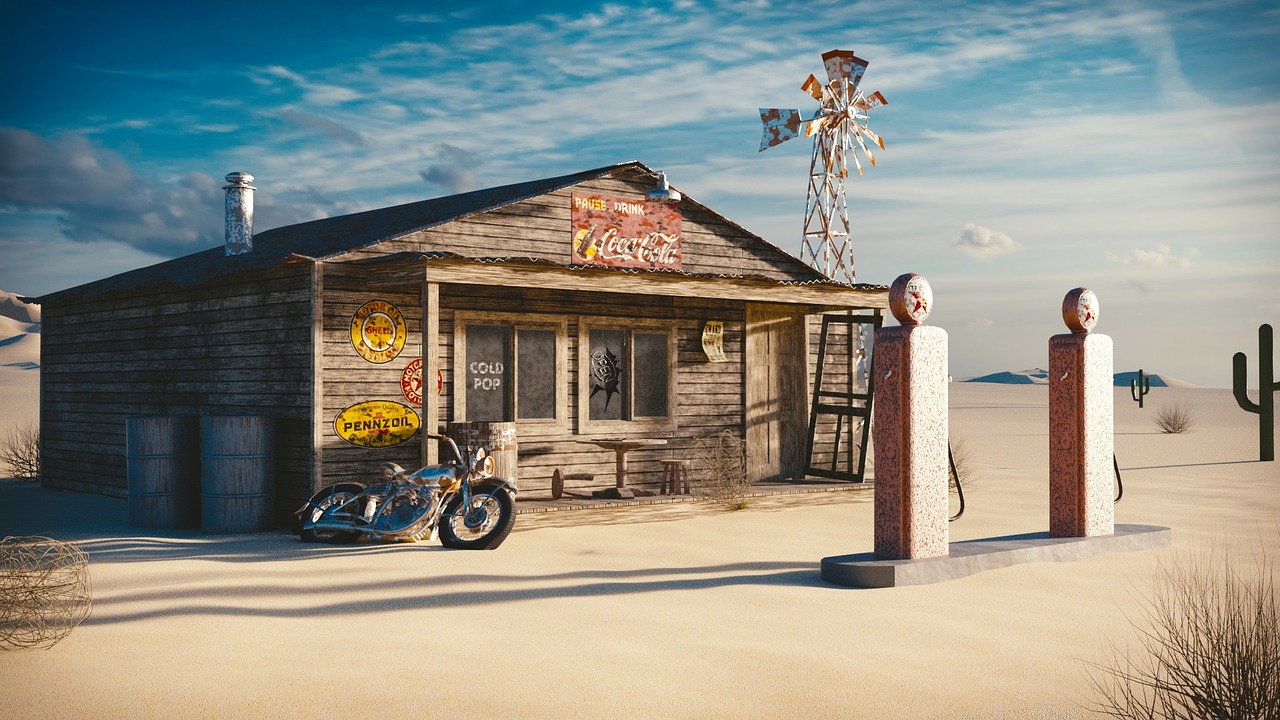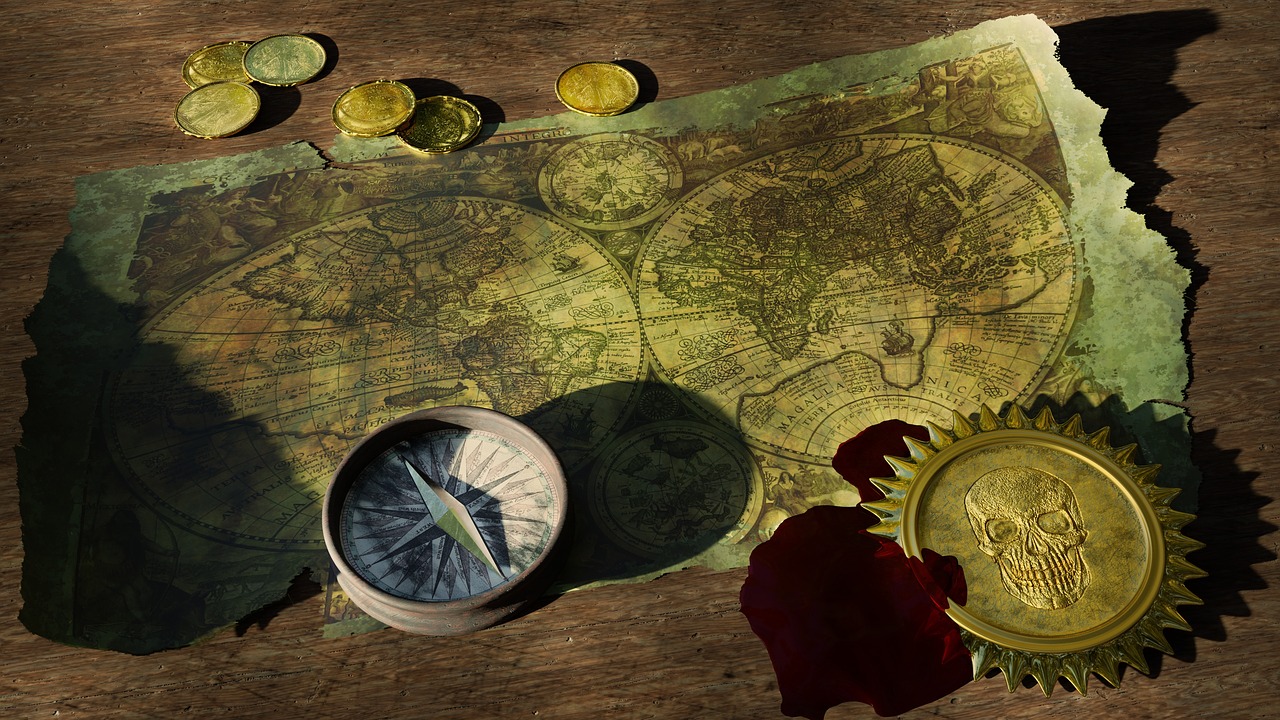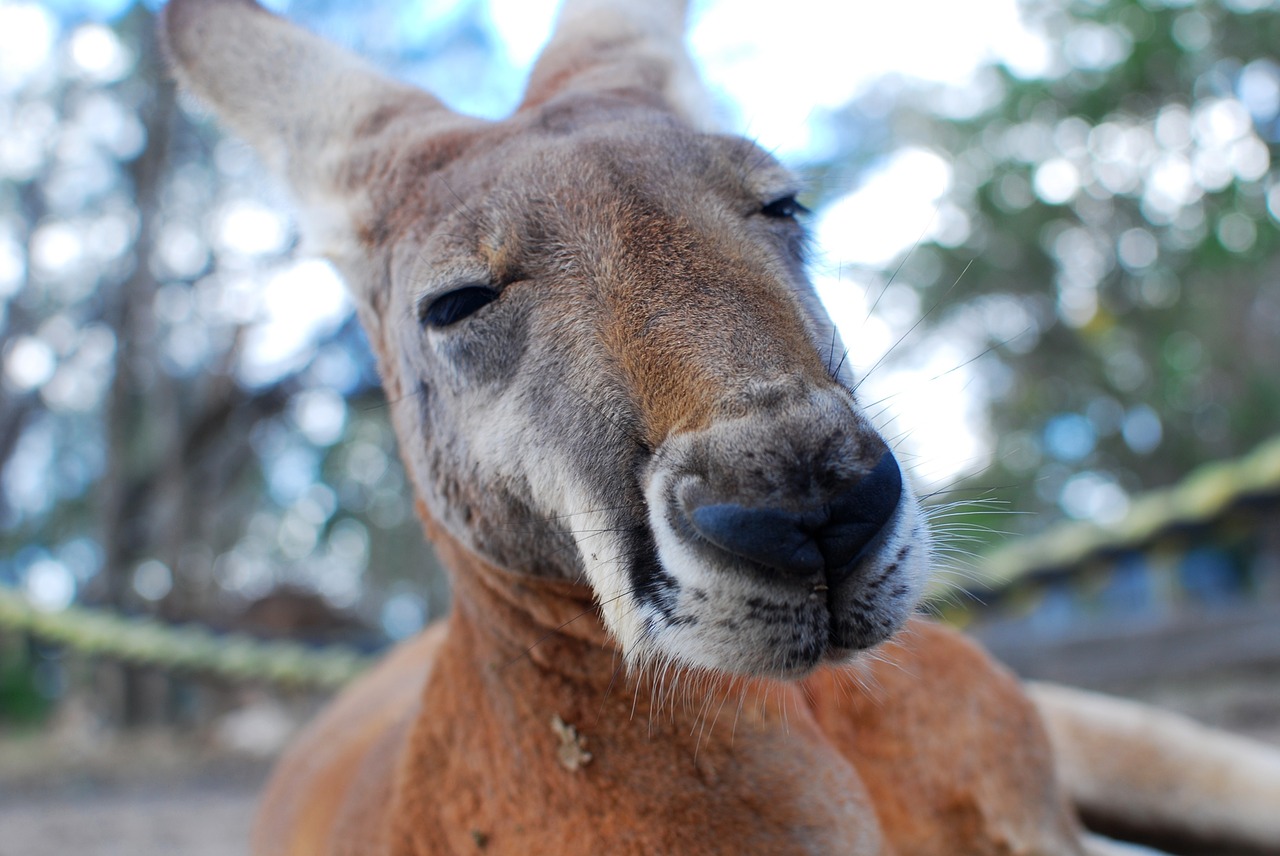How to Say Jia You, Lao Wai, and 4 Other Strange Chinese Translations
When it comes to Chinese, strange translations are not unique. But behind those funny translations lies a language which fundamentally works differently. Each character comes imbued with meaning, and that means that longer ‘words’ which combine characters, can actually be seen in different ways.

When it comes to Chinese, strange translations are not unique.
In fact, it doesn’t take long to find a smorgasbord of funny translations curated, sorted, and published online. Just check out the Chinese Translations at Engrish.
But behind those funny translations lies a language which fundamentally works differently. Each character comes imbued with meaning, and that means that longer ‘words’ which combine characters, can actually be seen in different ways. Becoming familiar with these individual characters can help in aiding a 'bottom-up approach' to learning Chinese.
This article is all about what those smaller units mean, with some examples of some great literal Chinese translations for getting used to how the Chinese language works.

1. Jia You - Add Oil! - Come On!
加油 Jiāyóu
Not only can you use this expression for rooting for your team, you can also use it to encourage a friend who is sad to keep trying, or stop wallowing. Yet despite the fact that the Chinese saying 加油 may translate into a rousing cheer in English, its literal Chinese translation is actually to “add oil”, as you might do at a petrol station.
The expression has a few different meanings, all of which are metaphors for getting back up or ‘adding oil’ to the 'energy tank'. At the end of the day though, gas stations in China are still known as 加油站 (Jiāyóu zhàn) or ‘add oil stops’.

2. Lao Wai - Old Outsider - Foreigner
老外 lǎowài
This phrase – meaning foreigner - literally translates to ‘old outsider’. Over the years, the true meaning of this has come to be somewhat contentious. Whilst some foreigners have seen it as nothing more than a strange literal Chinese translation, others have found it to be somewhat insulting.
You can expect to see the term 老外 combined with 朋友 (Péngyǒu). 老外朋友 – foreign friend - is used frequently by the younger generations in China to refer to foreigners and can be seen as an effort to appease those who were upset by the original term.

3.Electric Brain - Computer
电脑 diànnǎo
It’s easy to see why this happened. Computers are, after all, just electric brains processing data for us. Of course, there are different ‘types’ of computer. If you use a laptop, for instance, you can expect to call it a 笔记本电脑 (bǐjìběn diànnǎo), or a ‘pen remembering book electric brain’. A desktop, on the other hand, is called a 台式机 电脑 (táishì jī diànnǎo) or a ‘station formula machine electric brain’.

4. Bite the Wax Tadpole - Coca Cola
蝌蚪啃蜡 Kēdǒu kěn là
When Coca Cola first came to China, they needed a name which Chinese people could read and understand. With the writing and phonics system having so many differences, they needed to find something which would match up to the sounds of ko -ka - kou – la. Enter one of the of strangest translated advertising blunders of the 20th century.
Coca-Cola was released in China as Kēdǒu kěn là. In case you haven’t put the pieces of this highly irregular puzzle together yet, Kēdǒu kěn là translated literally to ‘Bite the Wax Tadpole’.
Luckily, Coke managed to realize their mistake and they quickly worked to find an alternative, settling on 可口可乐 Kěkǒukělè. This alternative's literal Chinese translation meant to be ‘pleasurable on the mouth’, which was just a little bit better than the original.

5. A Bunch of Country Names
If you’ve ever looked at the names of countries in Chinese, you might have noticed that they all seem to have alternative meanings. China, for instance, is known as 中国 (Zhōngguó) in Chinese. This literally translates to the ‘middle kingdom’. A list of a few countries with their literal Chinese Translations can be seen below, but every country has some strange literal Chinese Translation.
China - 中国 – zhōngguó - Middle Kingdom
USA - 美国 – měiguó - Beautiful Kingdom
Britain - 英国 – yīngguó - Brave Kingdom
Iceland - 冰岛 – bīngdǎo - Ice Island
Switzerland - 瑞士 – ruìshì - Lucky Gentleman
Italy - 意大利 – yìdàlì – Expecting Big Profits

6. A Bunch of Animal Names
Another long list to be considered. Animal names, by in large, do not come off too well when it comes to literal Chinese translations. Just ask the Kangaroo, which is literally translated to ‘bag mouse’. Or how about the penguins, who are literally translated to ‘standing goose’?
There are a lot of strange and funny literal Chinese translations for animal names, find them all and become a master of Chinese animal names. In the meantime, Check out those below:
Kangeroo - 袋鼠 - Dàishǔ - Bag Rat
Penguin - 企鹅 - qì'é - Standing Goose
Panda - 大熊猫 - dà xióngmāo - Big Bear Cat
Turkey - 火鸡 - huǒ jī - Fire Chicken
Lobster - 龙虾 - lóngxiā - Dragon Shrimp
Keep Searching for Literal Chinese Translations
Because of the way the Mandarin Language works, there are actually a lot of strange and funny literal Chinese translations present throughout the language; just try deciphering the literal meanings of Chengyu.
Whilst you're there, also make sure to check out the best Chinese slang of 2017. This will help you to further understand how the language is evolving; which will mean you'll be ready the next time some new terminology appears.
